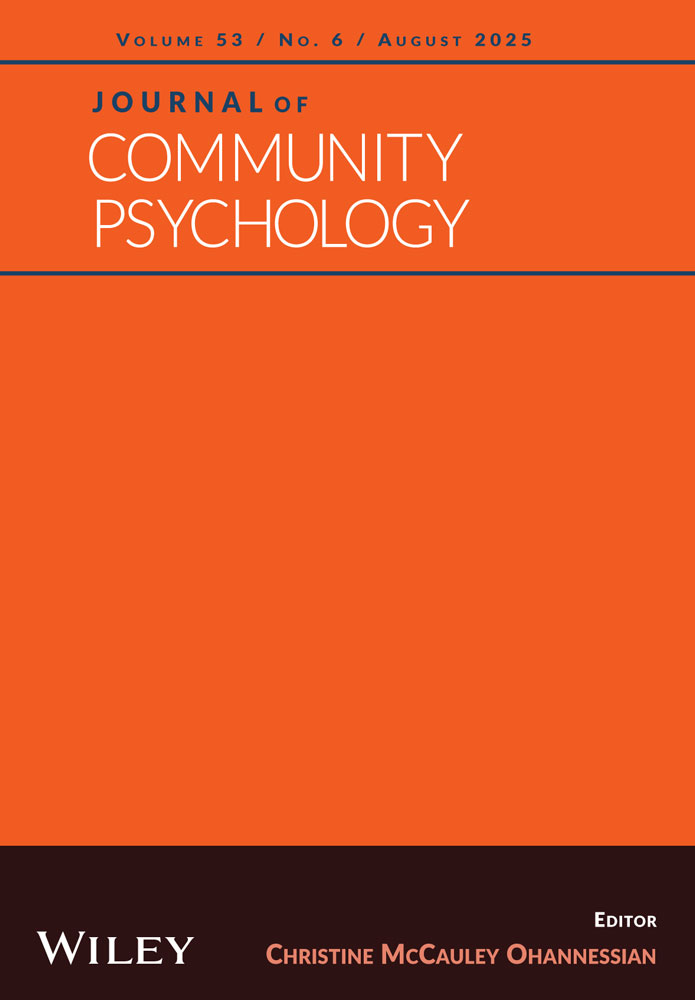A preventive approach to enhancing positive parenting: Preliminary steps in program development
Abstract
A set of videotaped public service announcements was developed to illustrate ways in which parents affect a child's self-esteem. Each vignette showed two ways of dealing with a problem, a punitive method and a self-esteem-enhancing method. Study 1 included 20 parents and 20 school-age (6–10 years of age) children who were seen at a pediatric visit. Most parents perceived the messages correctly. By contrast, children saw the message in terms of the specific issue (50%) or communication (40%); few (10%) understood its self-esteem link. In Study 2, 53 seventh-graders perceived the messages correctly. It is interesting to note that they viewed the positive version as more desirable and the negative version as more likely to accomplish the desired behavior change.




